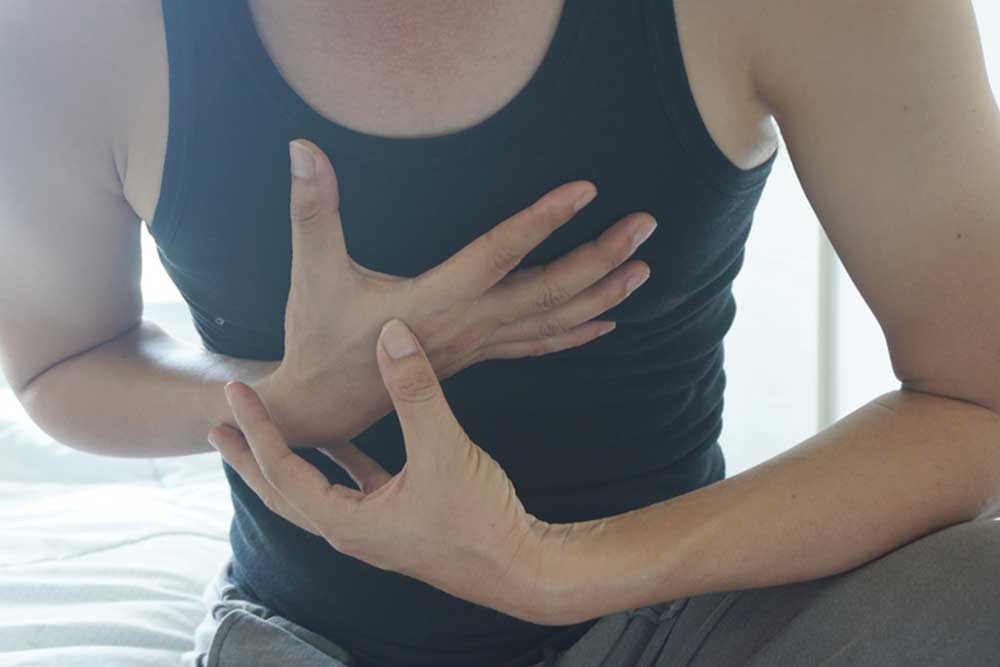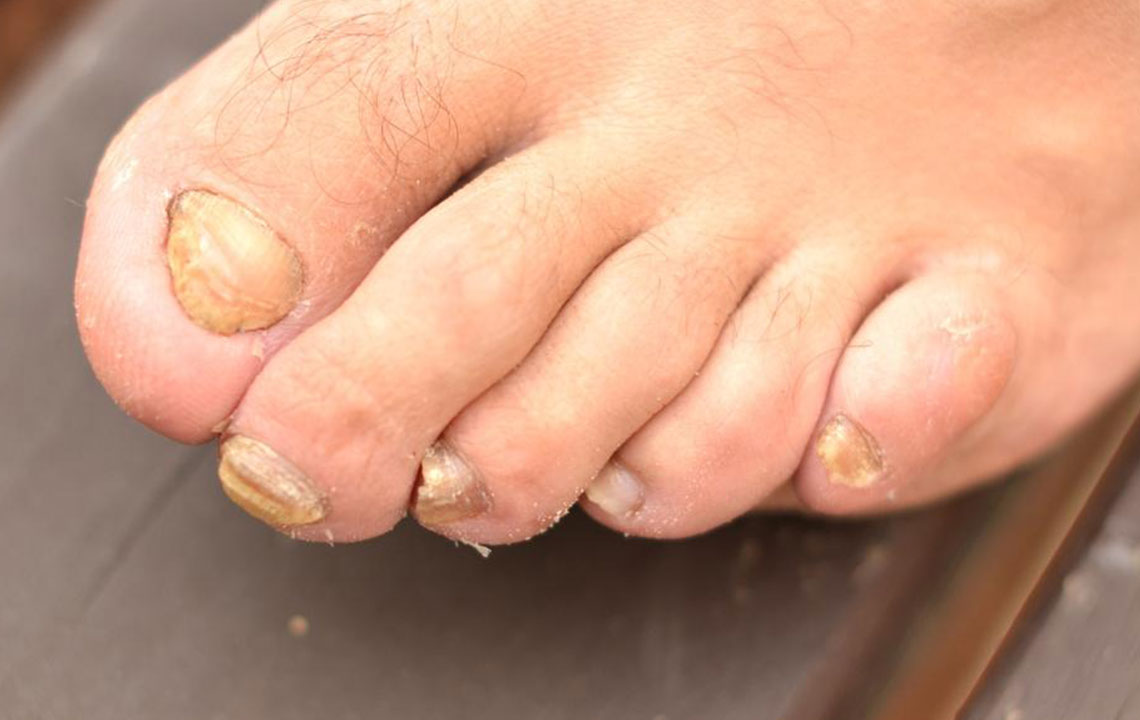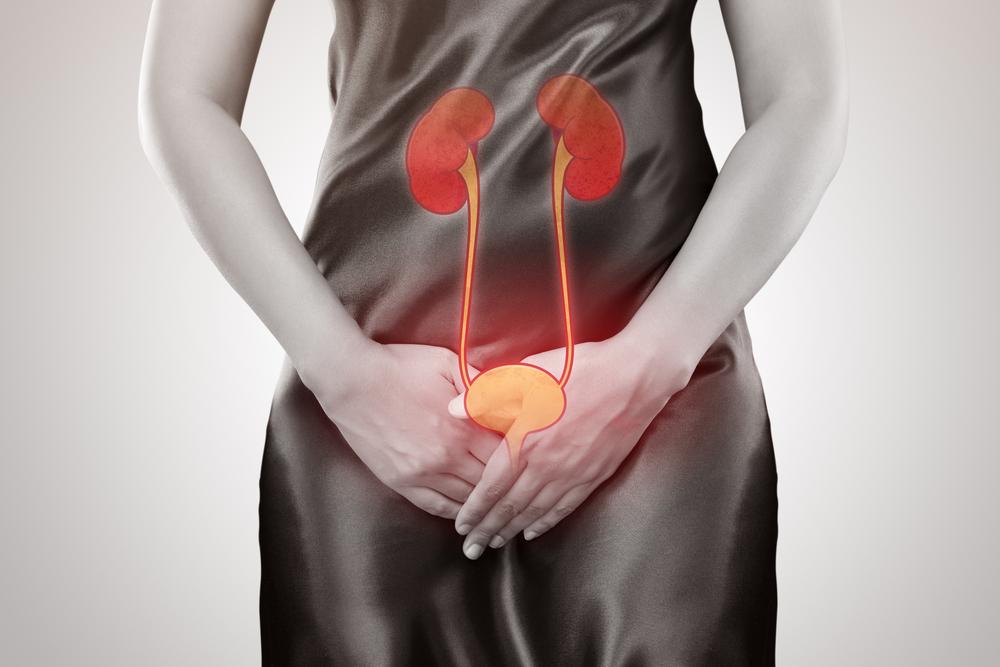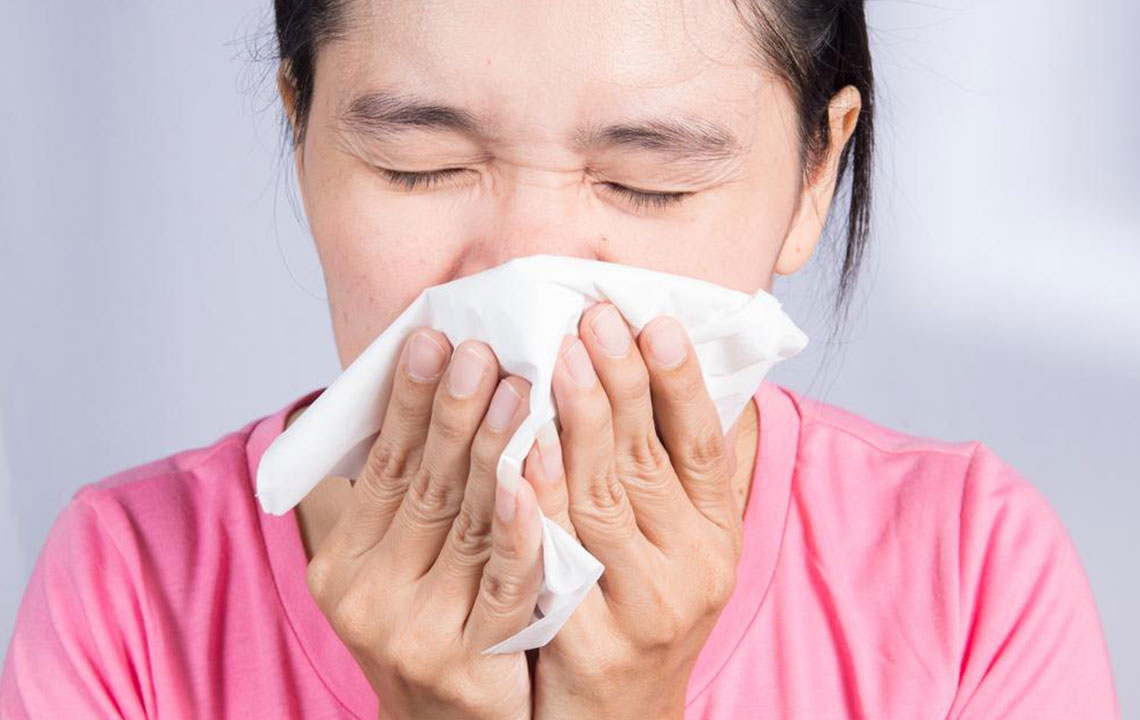Understanding Right-Side Chest Discomfort: Causes and Care
Discover common causes of right-side chest pain, effective home remedies, and warning signs that require urgent medical attention. Learn when to seek professional help for chest discomfort and how to manage minor symptoms safely. This guide emphasizes the importance of timely diagnosis and proper treatment for chest pain, ensuring safety and peace of mind.

Understanding Right-Side Chest Discomfort: Causes and Care
What Causes Pain on the Right Side of the Chest and How Can It Be Managed?
Experiencing discomfort or pain on the right side of the chest can be alarming. Often, such pain is unrelated to heart problems and may originate from surrounding organs or tissues. Inflammation or injury within the chest area can trigger this sensation.
Common reasons for right side chest discomfort include:
Muscle overexertion
Infections
Stress and anxiety
Gastrointestinal issues like acid reflux and indigestion
Gallbladder inflammation (Cholecystitis)
Pancreatitis
Pleurisy
Pulmonary conditions such as hypertension or embolism
Pneumonia, lung tumors
Rib injury or fractures
Trauma
Managing minor right-side chest pain may involve home remedies; however, consulting a healthcare professional for accurate diagnosis is essential, especially if pain persists or worsens. If you are unsure of the cause or experience severe symptoms, seek immediate medical attention.
Effective home remedies can help alleviate minor right-sided chest discomfort when used under medical guidance. Always confirm the cause before trying remedies. Seek emergency care if experiencing sudden, intense symptoms.
Helpful tips include applying cold packs for strain, drinking warm herbal teas like hibiscus to aid digestion, consuming baking soda water to neutralize stomach acid, and chewing garlic and cloves for natural relief. Over-the-counter pain relievers such as aspirin or natural options like apple cider vinegar can also provide comfort. Resting in a comfortable position may reduce discomfort.
If chest pain becomes severe or is accompanied by symptoms like shortness of breath, chest tightness, radiating pain to arms or jaw, cold sweats, weakness, nausea, or dizziness, seek immediate medical attention. These signs could indicate a critical condition requiring urgent care.
Important Notice:
The information on this website is intended for general educational purposes and should not replace professional medical advice. Always consult a healthcare provider for proper diagnosis and treatment. We are not responsible for inaccuracies or missing details from other sources. Stay informed and prioritize your health.










